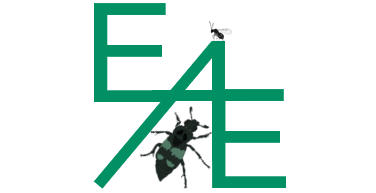| Körner, M; Foitzik, S; Meunier, J: Extended winters entail long-term costs for insect offspring reared in an overwinter burrow, Journal of Thermal Biology, 74, 116-122 (2018), doi:10.1016/j.jtherbio.2018.03.021 [Link] | |
| Abstract: Winter imposes an ecological challenge to animals living in colder climates, especially if these adverse conditions coincide with reproduction and offspring rearing. To overcome this challenge, some insects burrow in the soil to protect adults, larvae, or eggs from negative effects of w inter. However, whether this protection is effective against any long-term consequences of changes in winter duration is unclear. Here, we investigated the long-term effects of winter length variation on eggs of the European earwig Forficula auricularia. In this insect, females construct and maintain a burrow between late autumn and spring, in which they provide extensive forms of care to their eggs and then juveniles. We experimentally maintained earwig females under two winter durations of either four or six weeks and examined the resulting effects in terms of 1) hatching date, 2) developmental time of juveniles until adulthood, 3) adult mass at emergence, and 4) investment of adult offspring females in three key immune parameters: hemocyte concentration, phenoloxidase, and prophenoloxidase activities. Because earwigs’ resistance against pathogens relies on their social environment, effects of winter length on immunity were tested on females exposed to different social environments: with familiar conspecifics, unfamiliar conspecifics, or in isolation. Our results reveal that after the winter treatments, eggs reared in short winters hatched earlier and the emerging juveniles reached adulthood faster than juveniles from eggs exposed to long winters. We also showed that prophenoloxidase was 30% higher in females from the long compared to short winter treatment, regardless of social environment. Finally, we found that hemocyte counts where twice as high in short compared to long winter females, but only with unfamiliar conspecifics. Overall, our study reveals that maintaining and caring for eggs in a burrow does not prevent the costs associated with increased winter duration. |

